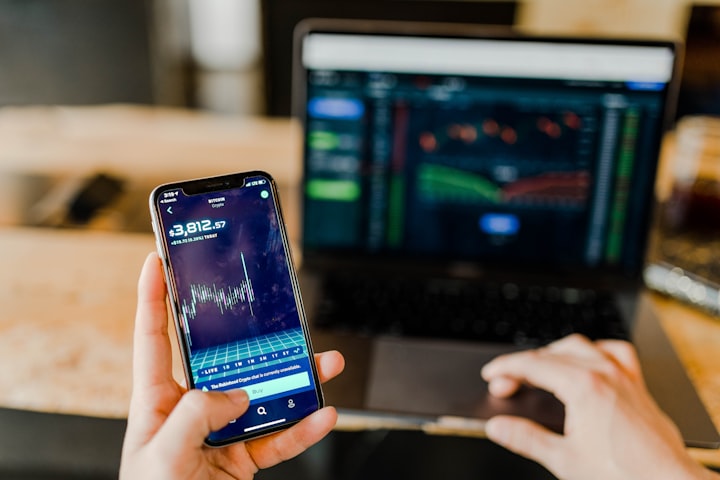How can cryptocurrencies add a token of contribution in software license validation?
How can cryptocurrencies contribute in software license validation?

Cryptocurrencies are gaining worldwide recognition for the purposes they solve regularly and frequently. Whether it is about the smart contracts or validating the license agreements, all of them can be governed by cloud security having some necessary ways to encrypt the information securely.

However, the blockchain technology used in these cryptos is solely capable of managing the relevant tokens miners may use for incentivizing their transactions. Even piracy and other copyright issues are handled well with the ways the technology validates the agreements promptly. Thus, many of the fundamentals of blockchain are primitively used by the miners for taking decisions at necessary instances.
But, many of us will be unaware of the related benefits. They may feasibly take control of the available cryptographic services upgraded by the developers or other responsible authorities in a given span. Henceforth, it becomes convenient for them to cope up well with the complexities and other challenges prone to blockchains and their ever-changing models.
Entitling the license validations through the systems processing crypto-currencies
Though the investors are attracted uncontrollably towards the centricity of these cryptocurrencies, yet they prefer to check the necessary validations incorporated by the blockchain networks.
This is important because the innovations they are planning from blockchain technology can only be acquired if the processes comprising administrative inputs may gather the verified outcomes - assuming the failure rate is minimized to an extent.
Indistinguishably, these findings may scale the hash values and the current number of nodes because the systems are capable of encompassing transparency plus the synchronization with others if in case the validations are behaving abruptly.
With their help, many other challenges that tend to decelerate the speed onto which transactions are processed reliably are robustly identified and confidently mapped with the necessary mechanisms. Moreover, confidence is seen from the miners’ side as they have successfully been able to reduce the cost spend on repetitive transactions which deteriorates the expectations somewhere.
# System Number One -- Controlling the financial crisis globally
When many of the colleagues were busy with their college activities, a person named Satoshi decided to create a database through which people relying on banks may use the blockchain technology legitimately and use the peer-to-peer system for claiming their exchange for the assets that are either available in the fixed or variable forms.

Through this system or the database, the necessary timestamps of the cryptos like bitcoin were precisely recorded and stored corresponding to the account holder. Even the method can now involve anonymity and non-repudiation because the account holders may now track the transactional feeds in a matter of seconds. Also, they need not stand among long queues and wait for the time they may get a chance to review the exchanges onto their accounts.
Furthermore, the guy continued to post the relevant solutions for the comments regarding the authenticity of the pre-designed source codes of the existing nodes and the overall system. Though there were many doubts regarding the credibility of this database, yet the developers have shown their interests and accomplished success in designing more wallets supporting privacy and many digital signatures.
On an overall basis, the benefit was that the overall cost involved via transactional feeds were reduced to an extent. Besides, a separate mode of payment can now be assigned to any of the cryptos with which demands and the related supplies can be processed generically - even if the miners tend to increase abruptly.
# System Number Two -- Improvising the validations by removing the recurring bugs
There is another person who was hired by Satoshi. Many of them know that the Californian guy has always been curious about the blockchain technology and the necessary implications proposed by Satoshi. Also, he worked closely with [PGP] corporation and decided to continue with the blocks having some significance in the existing network.
Indistinguishably, he was somewhere successful in computing the pre-conceived requirements of the customers relying on the softwares for exchanging cryptos. Later, he preferred to use a remailer for validating the activities related to licenses and other aspects of cryptography. Also, he helped other developers in grabbing the suitable cryptographic schemes so that many of the existing Bitcoin users may understand the power of blockchain and produce the results demanded by the bosses or other higher authorities.

One more interesting thing was that the person was successfully able to mine the seventieth block and also, performed some sort of testing onto the first ten coins send from Satoshi. All this clearly describes the monetary value of the bitcoin wallet and encourages many developers to dig even deeper into the validations commended by the experts for making the products better.
Besides, after all these discoveries, the contributions of these two guys aren’t recognized on a larger scale. It might be possible that in the coming times, the fellow developers and (the lovers of cryptocurrency) might discover many citations of these personalities and reveal the untold discoveries still hidden beneath the boxes of technology and software validation.
Can now the developers economically validate the licenses?
When it comes to validating the agreements of the softwares capable enough to respond well with the computational requirements, the blockchain technology may explore its wings and help the energetic encoders (including the developers too) systematically check every aspect of the software development.
Moreover, the above findings have successfully been able to offer ownership plus the integrity to all the key values of the software licenses. Through their help, it will be possible to offer a range of signatures to developers and users so that they may use the softwares after gaining relevant access from the known authorities.
Even the validations have successfully been able to integrate well with the liquid currencies as they have successfully been able to capture the traders and diversified them as per the assets (which sometimes deliver difficulties in terms of identifying the actual value they acquire). Henceforth, the systems can now validate many licenses so that the customers need not rely on banks and shift the exchanges with the modern ways offered by the blockchain - holding some worth in the tech-markets.
About the Creator
Rupinder Kaur
Rupinder Kaur works as Senior SEO Associate with Sagenext and passionate writer. She is currently all in works writing about Quickbooks hosting, Technology and trends in accounting and tax.






Comments
There are no comments for this story
Be the first to respond and start the conversation.